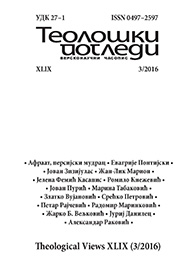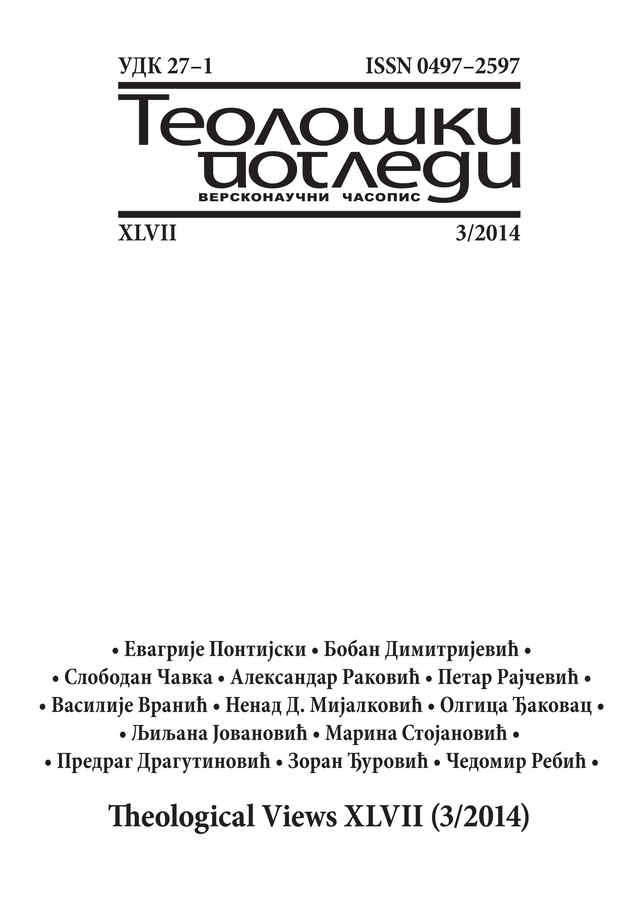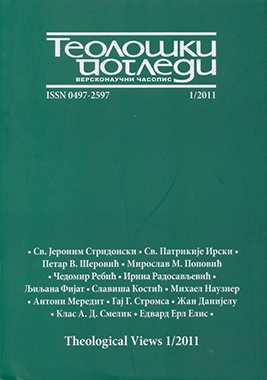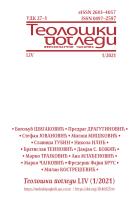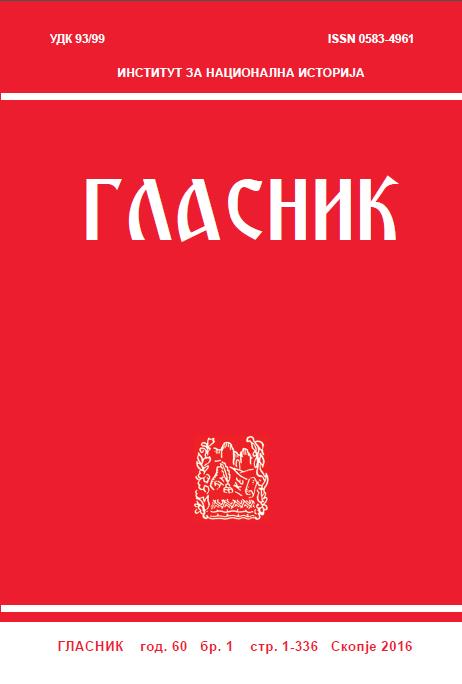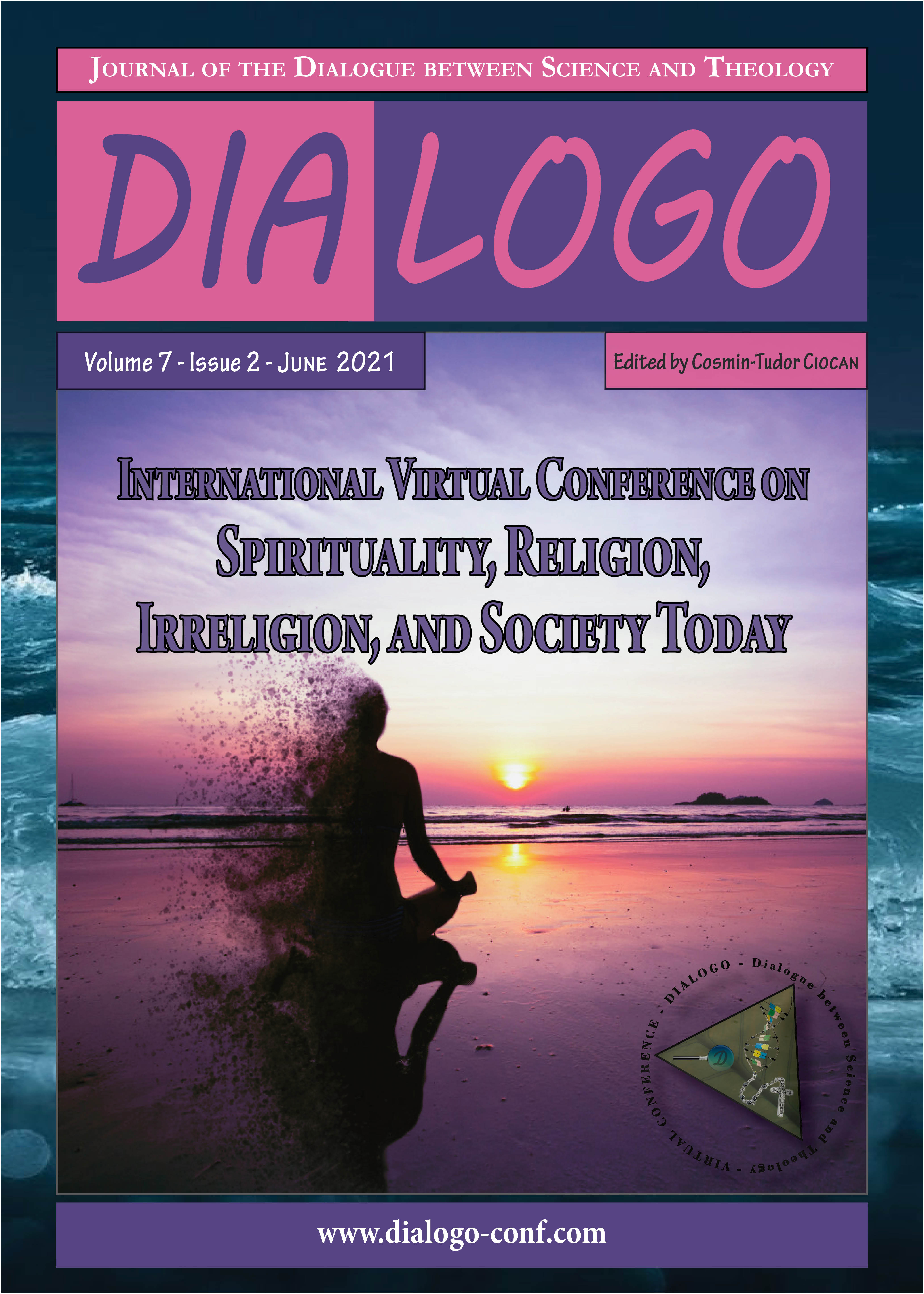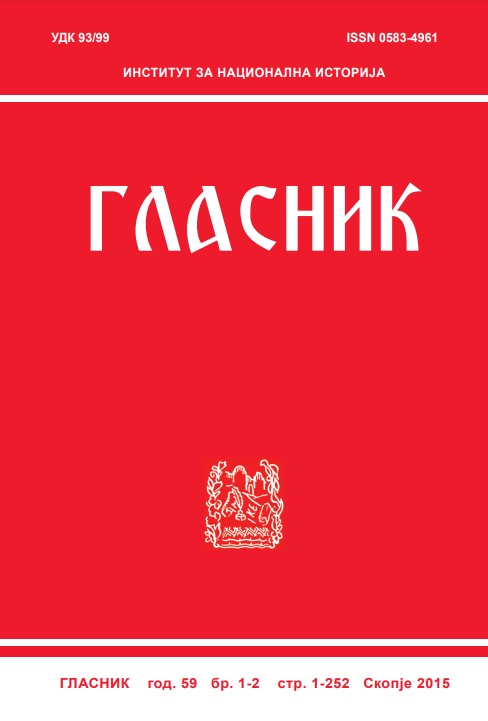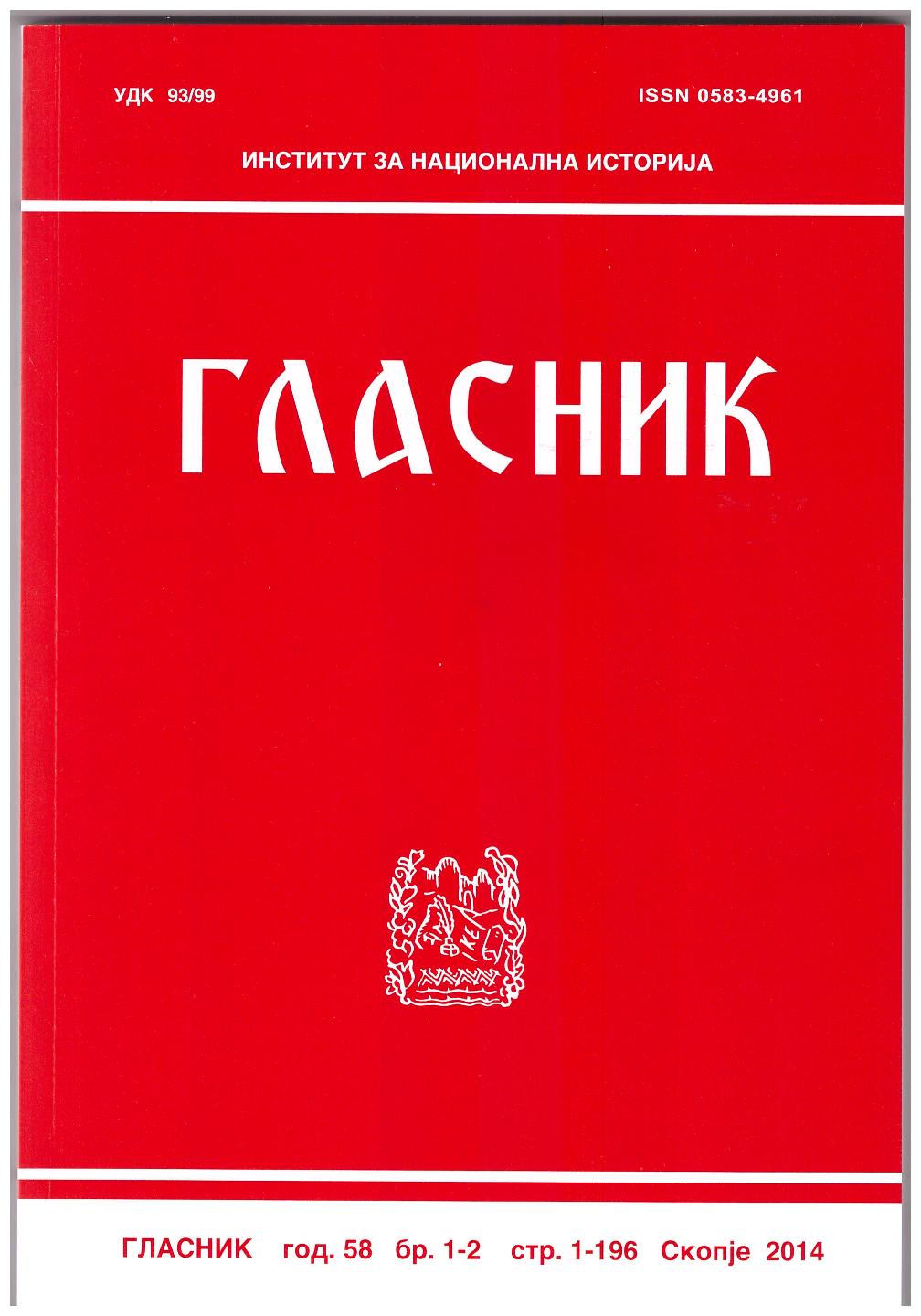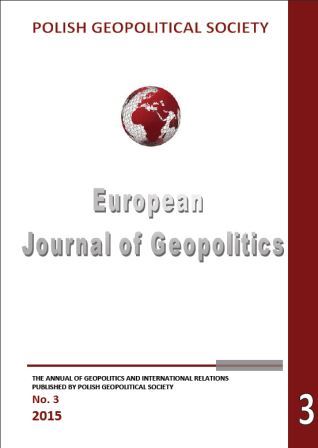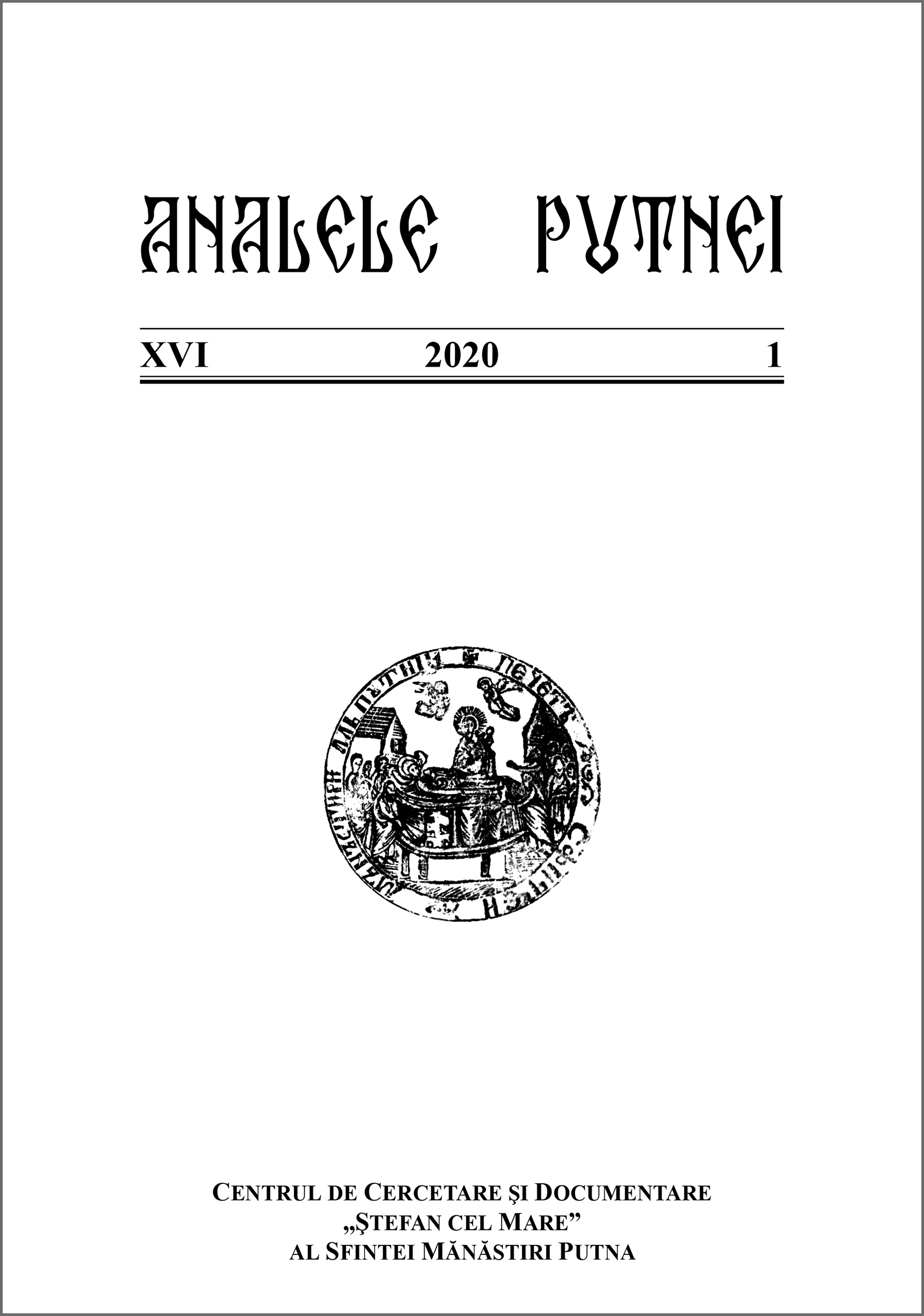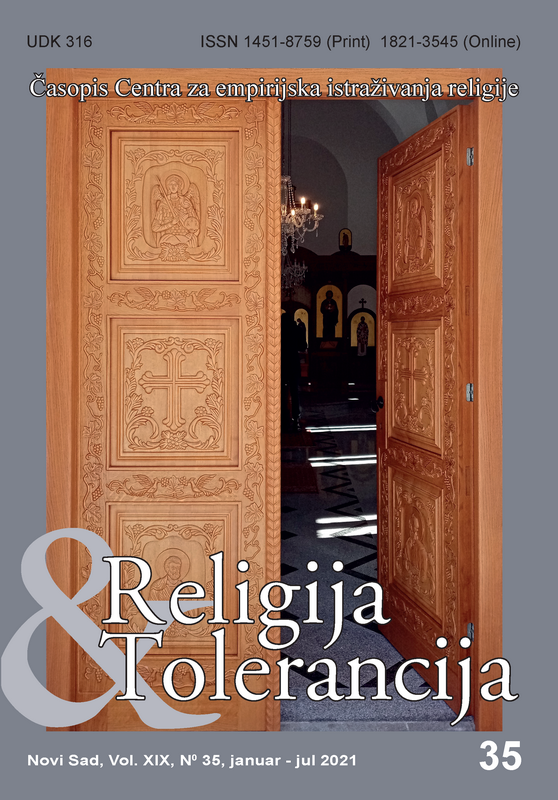Author(s): Andrija Sošić / Language(s): Serbian
Issue: 3-4/2018
Saint Peter Cetinjski was a religious, spiritual and temporal ruler of Montenegro in the toughest historical period of the country. From the earliest years of his life he was committed to spirituality; At the age of 12, he joined a Seminary, and at the age of 36 he became a ruler of Montenegro, and stayed incumbent for 46 years, until his death in 1830. Large material poverty, which made the life of the people difficult, was even more complicated by the fight with the Turks, who continuously attacked and desolated the country. All of that influenced the spark of often contention in the people, which often resulted in blood revenge. Wanting to end the lawlessness, which constantly multiplied, Saint Peter Cetinjski decided to give the people a written law, to which all would abide to. That’s how two legal codes came to be, „Stega“ and „The general legal code of Montenegro and the hills“, which are completely ensouled by Christian ethos. „Stega“ has only six articles (clauses), and it plays a role of a program declaration, in which the fight against the Turks is set as a duty of the entirety of the people. The text alone begins by calling upon the name of Holy Trinity, and in the articles it says, that the people will fight for righteous Christian faith, Fatherland, freedom, Monasteries and their families. „The general legal code of Montenegro and the hills“ has 33 articles (clauses) and it also starts with the name of Holy Trinity. This legal code transcribes the death sentence for lawlessness such as: murder, complicity in a crime, blood revenge (vendetta). Nevertheless, knowing that the Saint who wrote this code and who played the part of a judge in the hardest cases, never ever sentenced someone to death, so we can conclude that hard sentences like these transcribed in the code have a preventive role in the fight against the lawlessness. Code transcribes certain sentences for the Churches wrongdoing, having in mind that the tough situation the country had its fair share of bad influence on the spiritual state of the Church. The one thing both codes have in common, is the fact that they both resonate with the deepest Pastor-like concern for the people and the love that the Saint had for his „flock“. The only and the most certain guarantee of the correctness of the law, was Saints life of its author, Saint Peter Cetinjski. Not only that he introduced the law and order to the country with his legal codes and his life of a Saint, but he also spiritually revived his people. Having that the both codes of Saint Peter Cetinjski are ensouled with the Christian values that have timeless value, certainly can be of big importance for todays legislation, helping in the formation of the laws which would be useful for every society.
More...


